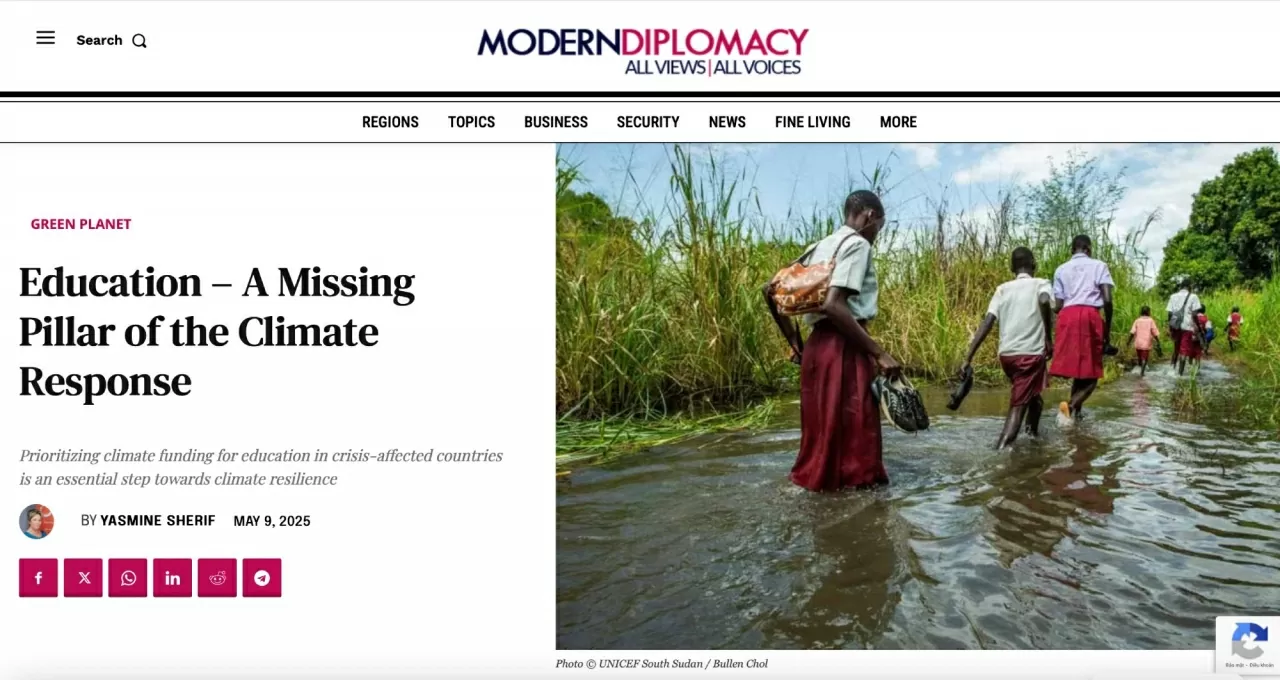 |
| Ms. Yasmine Sherif, Director of ECW, wrote an article about the role of education in responding to climate change on Modern Diplomacy. (Screenshot) |
That is the opinion of Ms. Yasmine Sherif, Executive Director of Education Cannot Wait (ECW) - the United Nations Global Fund for Education in Emergencies and Prolonged Crises. Ms. Yasmine Sherif emphasized this in the article "Education - A Missing Pillar of the Climate Response" published on Modern Diplomacy on May 9.
Education in the vortex of crisis
Education is facing a crisis globally, and climate change is one of the leading causes, Sherif said. In 2024, some 242 million students worldwide experienced learning disruptions due to climate events. The education sector suffers financial losses of up to $4 billion a year due to cyclones alone.
The strength, frequency and impacts of climate hazards are becoming more severe, particularly in areas affected by armed conflict, forced migration and protracted crises.
When disasters strike, education is one of the first sectors to be affected, resulting in both economic and non-economic losses: infrastructure is destroyed, learning time is affected, learning capacity is reduced, students' psychology is damaged and there is a risk of long-term dropout.
According to ECW, there are currently 234 million children living in crisis who need urgent support to access quality education. Of these, more than 85 million are completely out of school.
Consider the 2022 floods in Pakistan, which damaged or destroyed nearly 30,000 schools, disrupted the education of more than 3.5 million children, and required billions of dollars in post-disaster reconstruction. Education must be a central pillar of reconstruction efforts, both an urgent humanitarian investment and an investment in long-term climate resilience and sustainable development.
In 2024, parts of the Sahel, East Africa and Central Asia will experience major floods, while severe droughts will hit northwestern and southern Africa and parts of the Americas. This has increased food insecurity and caused record levels of displacement globally, according to the UN Office for the Coordination of Humanitarian Affairs (OCHA).
As crises overlap, the world sees more instability, conflict, forced displacement and more children out of school.
 |
| By 2024, some 242 million students had experienced learning disruptions due to climate events. (Source: ECW) |
Action on education is essential
According to Ms. Yasmine Sherif, education can play a catalytic role in climate change mitigation and adaptation investments through shaping mindsets, behaviors, skills and innovation.
People with higher levels of education are better prepared for and able to cope with disasters, suffer less negative impacts, and recover more quickly. Women’s education, in particular, plays a key role in improving the adaptive capacity of families and communities, helping children become more resilient to climate change.
| Related News |
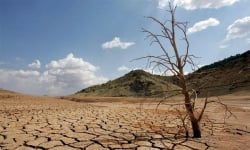 Climate change and response stories from Vietnam Climate change and response stories from Vietnam |
The importance of addressing the impact of climate change on education and leveraging education for climate action was recognized in the Joint Agenda Statement on Education and Climate Change at COP28 in Dubai, which has now been ratified by 91 countries.
However, climate finance for education remains very low – just 1.5% in 2021. Between 2006 and 2023, just 2.4% of climate finance was allocated to child-related activities.
The Response to Loss and Damage (FRLD) Fund is now up and running. ECW’s Executive Director said this is a landmark opportunity to put education, especially in climate-vulnerable and crisis-affected countries, at the heart of climate action, by recognizing and addressing the economic and non-economic losses caused by climate change.
Proposed direction
Recently, the Geneva Global Centre for Education in Emergencies (EiE Hub) and its members sent an important message to the Executive Director and Board members of FRLD. The message highlighted the vulnerability of education to climate change and its essential role in responding to the climate emergency, and called on FRLD to prioritize education in its budget allocation.
Recommendations include: Establishing education as a core priority area in the FRLD investment framework; developing child-specific indicators for monitoring and evaluation, and ensuring that tools and mechanisms are in place to rapidly deploy these investments.
For children and young people, maintaining safe, inclusive and continuous education is an essential component of humanitarian efforts and building resilience – whether in sudden or slow-moving crises, said Yasmine Sherif.
The long-term resilience of the education system, together with the timeliness and appropriateness of interventions, will determine the success of post-disaster recovery.
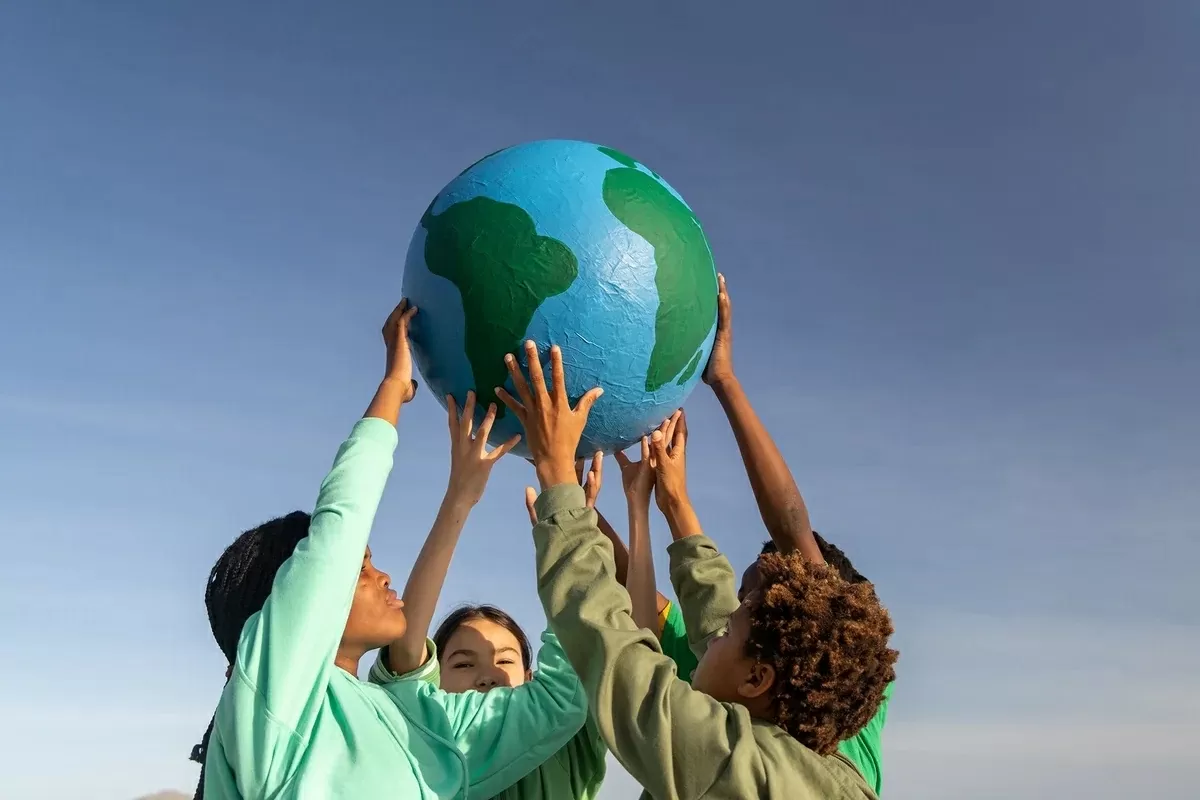 |
| Investing in education today is an investment in the great potential of humanity. (Source: Getty) |
Furthermore, children and youth, especially in countries that are in crisis and vulnerable to climate change, need to be meaningfully involved in the policy-making process and the operation of the FRLD Fund through appropriate consultation forums and other mechanisms.
In addition, Ms. Sherif said that as countries update their Nationally Determined Contributions (NDCs) towards COP30 in Brazil, it is essential that education is appropriately reflected in national priorities to access climate finance.
At the same time, ECW and its partners need to be enabled to provide essential education services to children and youth affected by the intertwined crises of climate, conflict and migration.
Investing in education today is investing in a low-emission, climate-resilient future, the ECW CEO stressed. It is an investment in humanity's enormous potential.
It can be said that Ms. Yasmine Sherif’s analysis and appeal have sounded the alarm about a pillar that is still missing in the response to climate change: Education. In the context of the world facing overlapping challenges of climate, conflict and humanitarian crises, putting education at the heart of climate policies and finance is not only urgent, but also the foundation for a sustainable, equitable and humane recovery.
Taking action today to ensure the right to safe, continuous education for millions of children living in crisis is also a practical action to create a future generation resilient to global climate change.
Source: https://baoquocte.vn/giao-duc-manh-ghep-con-thieu-trong-ung-pho-voi-bien-doi-khi-hau-314194.html



![[Photo] President Luong Cuong awarded the title "Heroic City" to Hai Phong city](https://vphoto.vietnam.vn/thumb/1200x675/vietnam/resource/IMAGE/2025/5/13/d1921aa358994c0f97435a490b3d5065)
![[Photo] Many people in Hanoi welcome Buddha's relics to Quan Su Pagoda](https://vphoto.vietnam.vn/thumb/1200x675/vietnam/resource/IMAGE/2025/5/13/3e93a7303e1d4d98b6a65e64be57e870)

![[Photo] President Luong Cuong attends the inauguration of the international container port in Hai Phong](https://vphoto.vietnam.vn/thumb/1200x675/vietnam/resource/IMAGE/2025/5/13/9544c01a03e241fdadb6f9708e1c0b65)
![[Photo] Prime Minister Pham Minh Chinh receives Ambassador of the French Republic to Vietnam Olivier Brochet](https://vphoto.vietnam.vn/thumb/1200x675/vietnam/resource/IMAGE/2025/5/13/f5441496fa4a456abf47c8c747d2fe92)
![[Video] Developing Physical Education in Primary Schools in Vietnam](https://vphoto.vietnam.vn/thumb/402x226/vietnam/resource/IMAGE/2025/5/13/781ea31da6c24eaab2162e89e10ddec1)
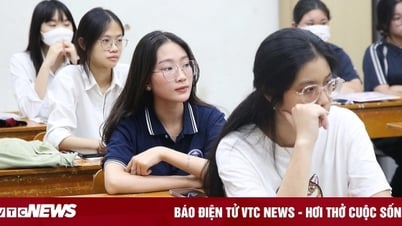
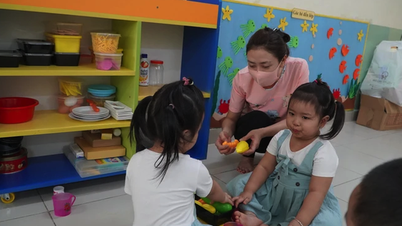
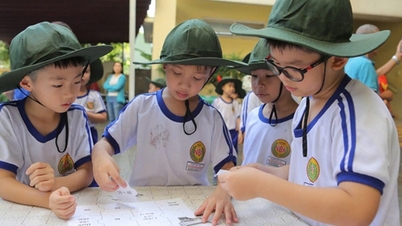
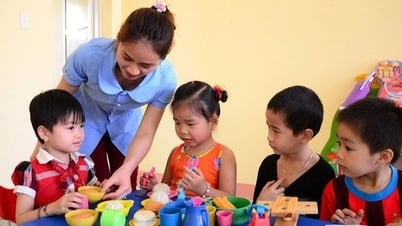





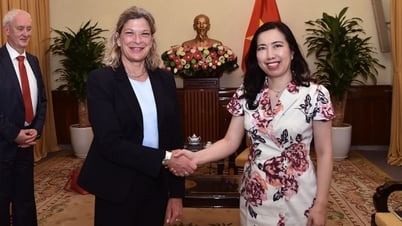
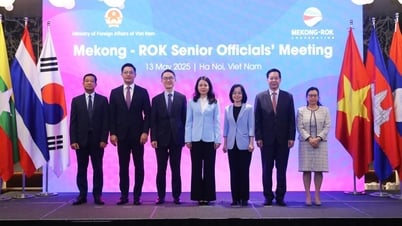
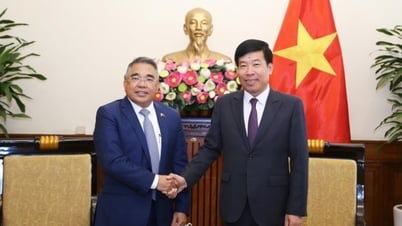
























































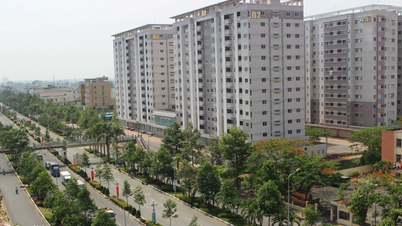


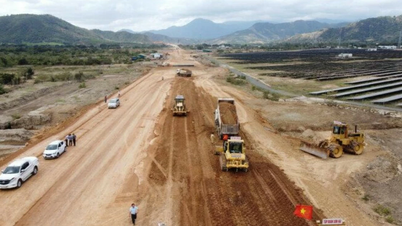











Comment (0)